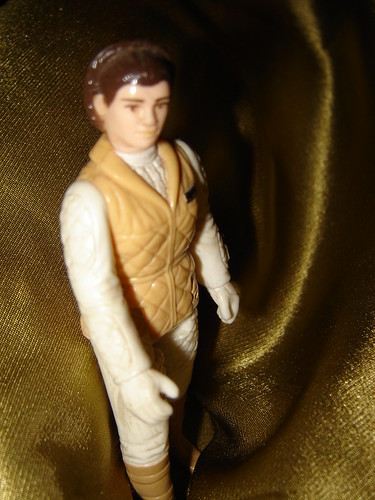Kuglin (2004) set about determining which information seeking behaviours genealogists would employ when in an unfamiliar library. Respondents were asked what their first “port of call” would be in a library they had not visited before (Appendix 2, Question 7). They were then asked what their first action would be if they visited this library again (Appendix 2, Question 8). These same questions were used in this study though additional options were given. The researcher was interested to know if given the option of consulting a genealogy reference librarian or a Māori reference librarian which whakapapa researchers would be more likely to do. Similarly respondents were able to choose to browse the genealogy shelves or the Māori collection shelves. In each case respondents were more likely to choose Māori specific resources or staff than those dealing with genealogy generally (Chart 11).
Chart 11.
 Legend
Legend
a. Consult the genealogy reference librarian
b. Consult the Māori reference librarian
c. search the library catalogue
d. browse the genealogy shelves
e. browse the Māori collections shelves
f. look for a brochure or other printed guide to introduce me to the collection
Chart 11.
 Legend
Legenda. Consult the genealogy reference librarian
b. Consult the Māori reference librarian
c. search the library catalogue
d. browse the genealogy shelves
e. browse the Māori collections shelves
f. look for a brochure or other printed guide to introduce me to the collection
g. use the online whakapapa sources
There was also a marked difference from Kuglin’s results which showed that consulting a staff member rated highly as a first visit strategy but dropped in the subsequent visit. This study had opposite results as consulting the Māori reference librarian was the most popular option on the first visit and increased on the subsequent visit. Duncker’s (2002) research at Waikato University that emphasised the importance of face to face (kanohi-ki-te-kanohi) interaction as the preferred method of acquiring information for Māori library users is seemingly supported by this data. Also worth noting was that brochures or printed guides were not the preferred option for any of the respondents. As a first “port of call” in a public library it seems that whakapapa researchers are more interested in speaking with knowledgeable staff members than in printed guides or brochures.
There was also a marked difference from Kuglin’s results which showed that consulting a staff member rated highly as a first visit strategy but dropped in the subsequent visit. This study had opposite results as consulting the Māori reference librarian was the most popular option on the first visit and increased on the subsequent visit. Duncker’s (2002) research at Waikato University that emphasised the importance of face to face (kanohi-ki-te-kanohi) interaction as the preferred method of acquiring information for Māori library users is seemingly supported by this data. Also worth noting was that brochures or printed guides were not the preferred option for any of the respondents. As a first “port of call” in a public library it seems that whakapapa researchers are more interested in speaking with knowledgeable staff members than in printed guides or brochures.




No comments:
Post a Comment